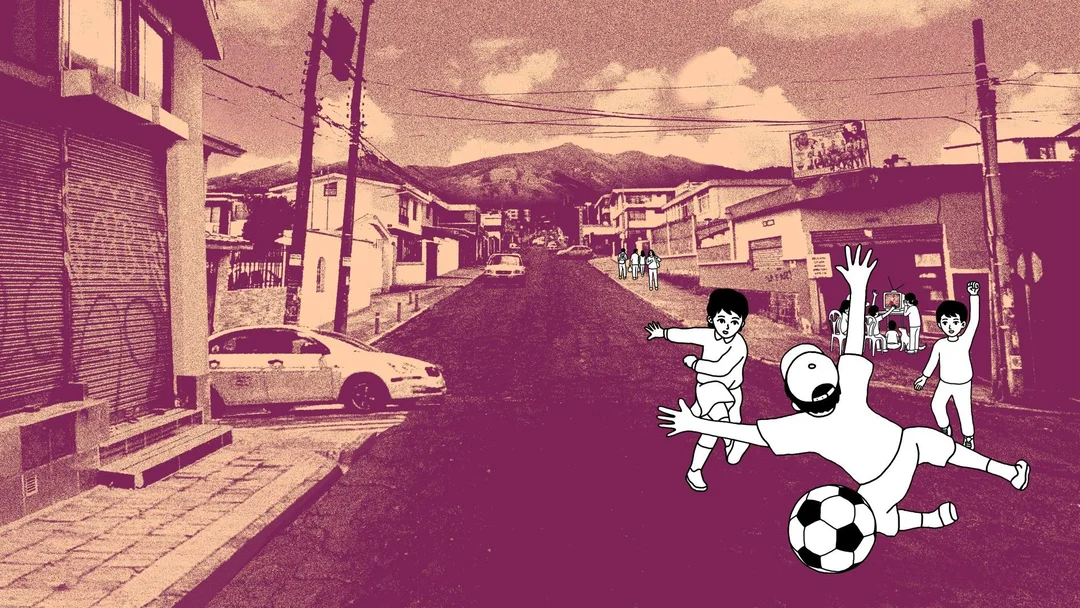
Dive into ‘Despelote’: A Nostalgic Soccer Dream in 2001 Ecuador
Craving a unique gaming experience that transcends the typical sports title? Despelote might just be the answer. This indie gem transports players to Quito, Ecuador, in 2001, where the nation is gripped by soccer fever as they stand on the cusp of qualifying for their first-ever World Cup.
More than just a game about kicking a ball, Despelote is a sweet slice-of-life drama told through the eyes of eight-year-old Julián. For Julián, soccer is more than a game; it's an obsession, a lens through which he sees the world. As the country grapples with an economic crisis, soccer provides a crucial relief valve, a source of hope during tough times.

Developed by Julián Cordero and Sebastián Valbuena, Despelote draws heavily from autobiographical elements, lending the game a powerful sense of authenticity. The game cleverly uses a first-person perspective to put you directly into Julián's shoes, forcing you to make tough choices between what he *wants* to do (kick a ball) and what he *should* do (listen to his mom or finish his homework). These mundane yet relatable scenarios evoke a powerful sense of nostalgia and resonate deeply.
"For a kid with an obsession, it’s impossible to think about anything else," one review notes. "When I was really into skateboarding, every piece of architecture was filled with a potential for tricks that I could never actually pull off."
Gameplay revolves around exploring various locales – school, parks, city streets – and, of course, kicking a soccer ball. The controls might feel a bit clunky at first, but they soon become a tool for immersing yourself in this unique time and place. As you explore, the tension builds as Ecuador inches closer to qualification, viewable on TVs throughout the game world.

Despelote intentionally uses a dreamy, stylized aesthetic. The scenes are presented in monochrome, TV static-infused realistic look, where the only things of interest (such as people, the ball, vehicles, and in general, most of the things you can interact with) are in a more minimalistic, cartoony and flat style. This artistic choice contributes to the game's overall feeling of being a cherished memory.
Reviewers praise Despelote for its ability to capture the universal feeling of childhood, highlighting the challenges and infatuations that come with being a kid. The fourth-wall-breaking moment near the end adds another layer of depth, contextualizing the story within a broader autobiographical narrative. One review calls it "one of the year’s most fascinating indie games."
While the game is relatively short, clocking in at around two hours, the blend of narrative and gameplay creates a uniquely compelling experience. Its exploration of themes like hope, economic hardship, and the power of dreams makes it more than just a sports game.
Despelote is available now on PlayStation, Xbox, and PC, with a Switch version also in the works.
Have you played Despelote? What are your thoughts on the game’s unique blend of sports and slice-of-life storytelling? Share your opinions and memories in the comments below!